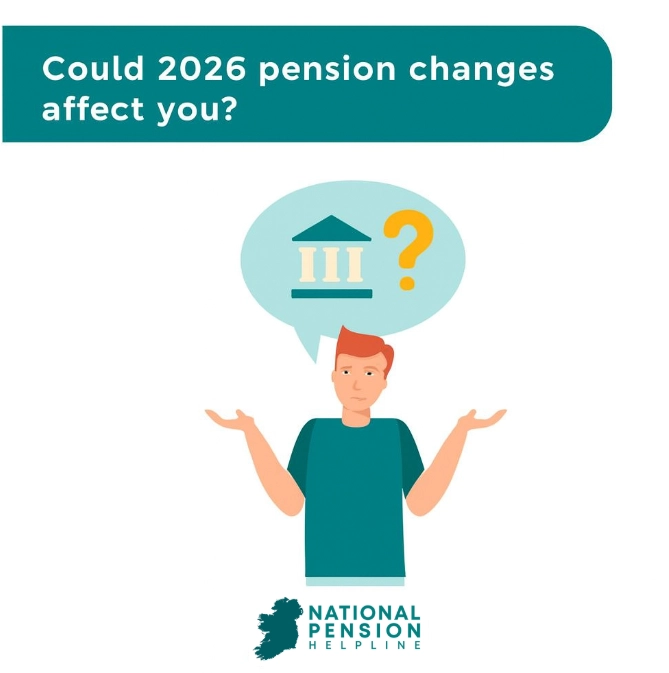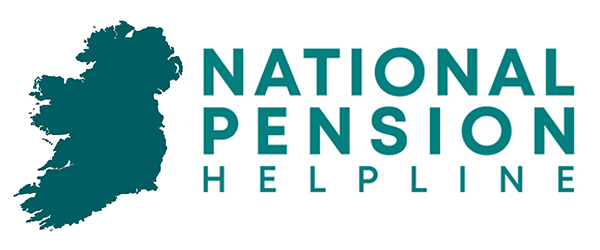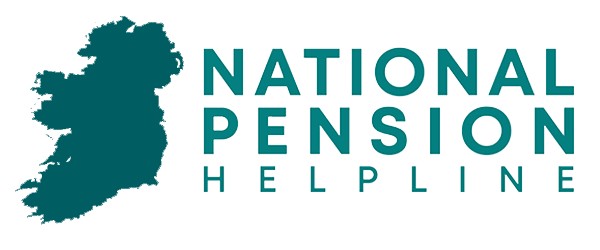Thousands of pension holders in Ireland could be faced with huge bills if they don’t comply with new EU regulations that will come into effect on April 22nd.
The new IORP II regime applies to one-member pensions, and most small self-administered pension scheme (SSAP) holders have moved their savings to alternative pensions to avoid additional costs which could be in the tens of thousands of euros.
SSAPs have been a tax-efficient way of saving for retirement, especially for those with high salaries, contractors, consultants and landlords, as they have allowed for a high degree of flexibility in where their money is invested.
But with the deadline just weeks away, there are concerns that many people have yet to take action or fully engage with the new rules.
What is IORP II?
The EU Institutions for Occupational Retirement Provision II (IORP II) directive was transposed into Irish law on 28th April 2021, with a 5-year derogation put in place.
It contains new regulations to ensure more long-term stability and to reduce concentration risk in pension schemes. The directive will lead to much stricter governance and compliance standards for Irish occupational pension schemes, and this extends to those which are self-administered, or SSAPs.
The derogation period has allowed pension schemes to operate as before, but this will change in April 2026 when the period comes to an end.
What should you do if you have an SSAP?
SSAPs have allowed many people to invest in property, loan notes and other assets with much greater flexibility than was afforded more conventional occupational pension schemes.
If you have an SSAP, this option may have benefited you for a number of years. But unfortunately, if you are one of those who holds an SSAP, you will be affected by the IORP II changes coming into effect. That is, if you don’t take action to change your pension strategy in the meantime.
With April just around the corner, our advice to those with SSAP would be to weigh up their options as soon as possible.
Luckily, there are a number of alternative options available that are attractive and compliant, and speaking to a financial advisor will help you make the right decision for your personal situation.
Alternative Pension Options
Between January and September 2025, there was a reduction of 36% in the number of single member schemes in Ireland, according to the Pensions Authority. But this leaves many people who still have a decision to make regarding their next steps.
Most people who hold self-administered pensions are expected to transfer their savings to PRSAs (Personal Retirement Savings Accounts), which are individual personal pensions. The main difference is that there are now annual contribution limits tied to salary, affecting large top-ups.
Another alternative is a master trust. There are 17 master trusts in Ireland, and they are playing a larger role in pension consolidation than ever before. These trusts cover many members under one umbrella and are fully compliant with IORP II. They may be a sensible option for company directors or those with larger pots.
Approved Retirement Funds (ARFs) can be used upon retirement and allow for flexibility with withdrawals. They are not active, however, meaning you cannot contribute a portion of your salary to an ARF.
Next Steps – Redesigning Your Pension
As well as the options outlined above, there are also some less popular but niche alternatives which may suit your unique personal situation. Most people will soon begin to reluctantly move their retirement savings from the self-administered schemes to one of these alternatives to avoid the potential of much higher fees associated with SSAPs which will be phased out.
If you have an SSAP, we recommend you seek professional financial advice tailored to your specific circumstances so that you make the right decision for your retirement savings.


